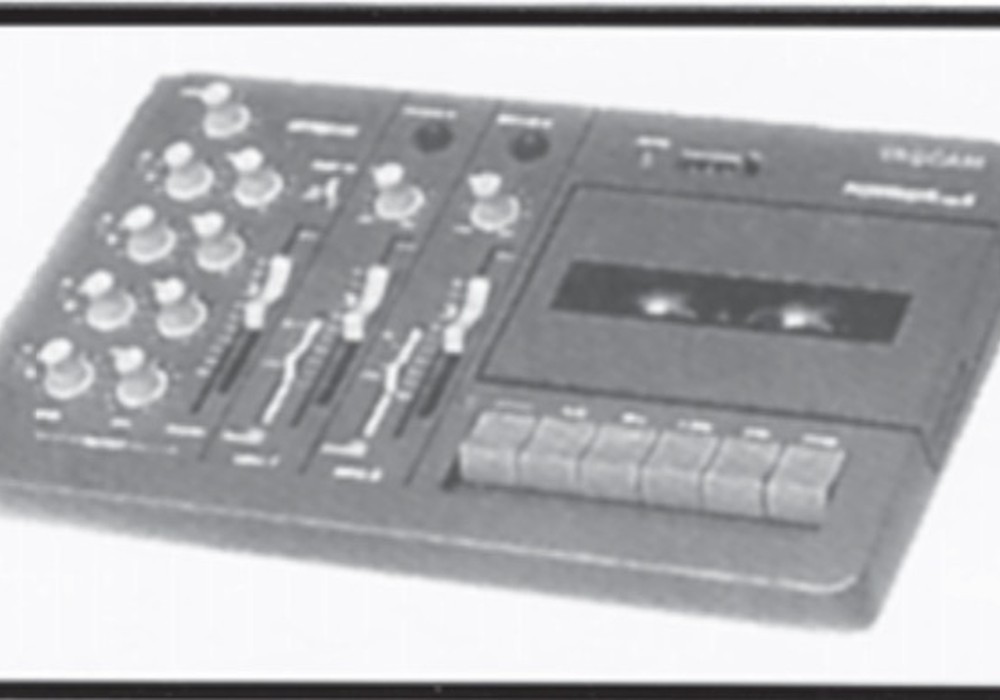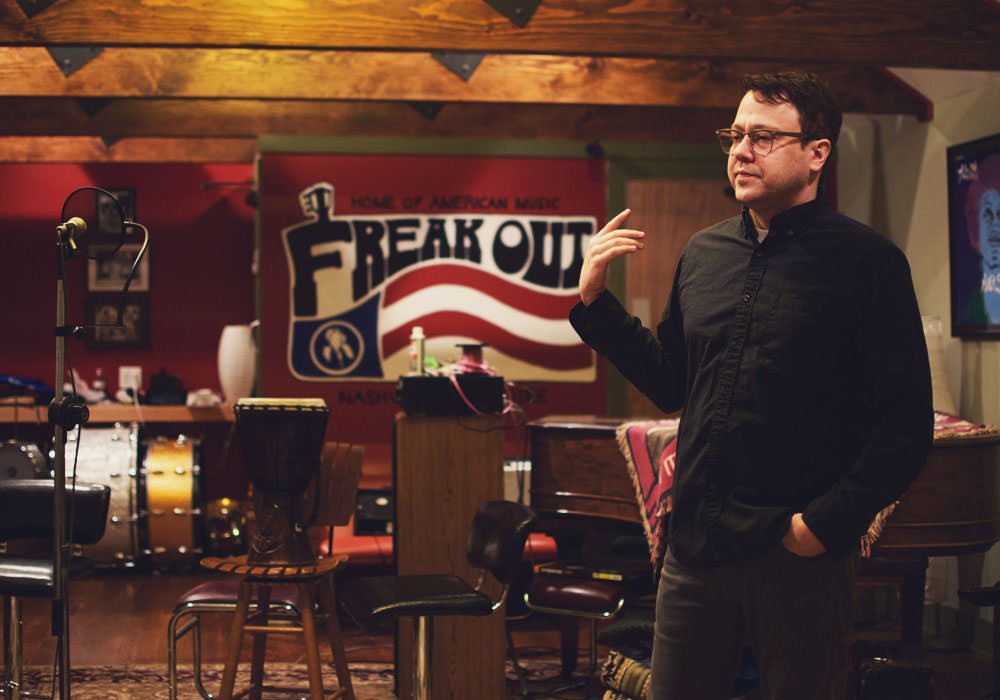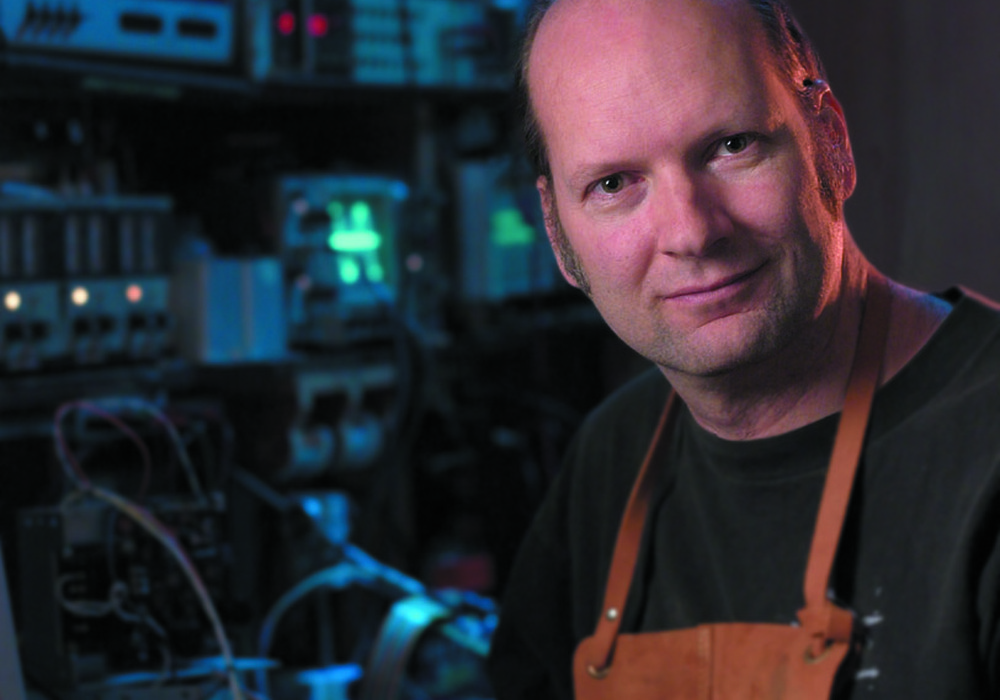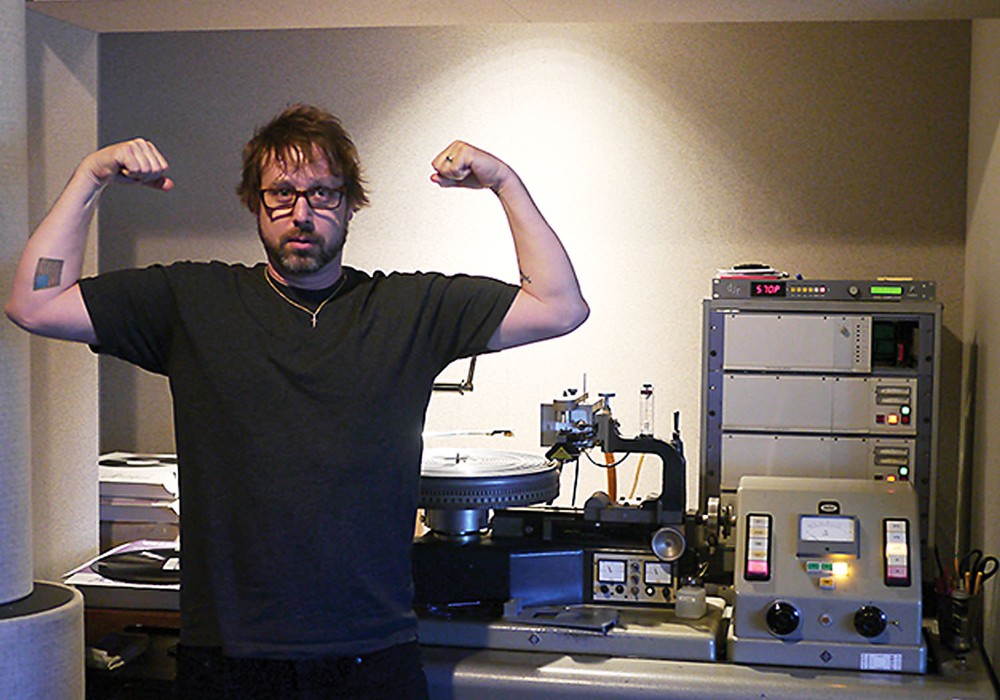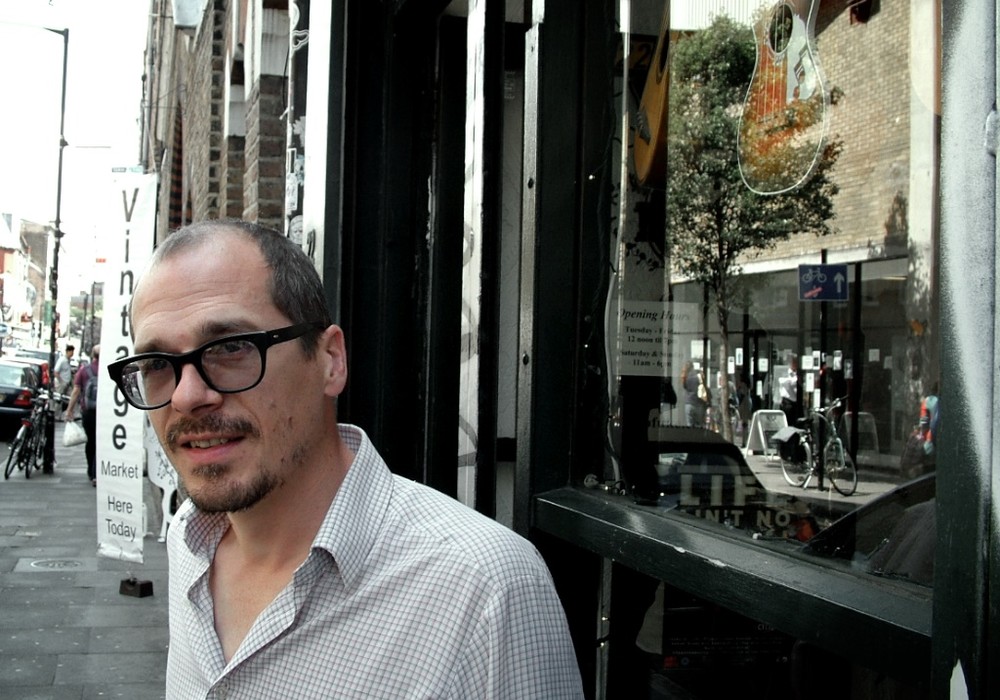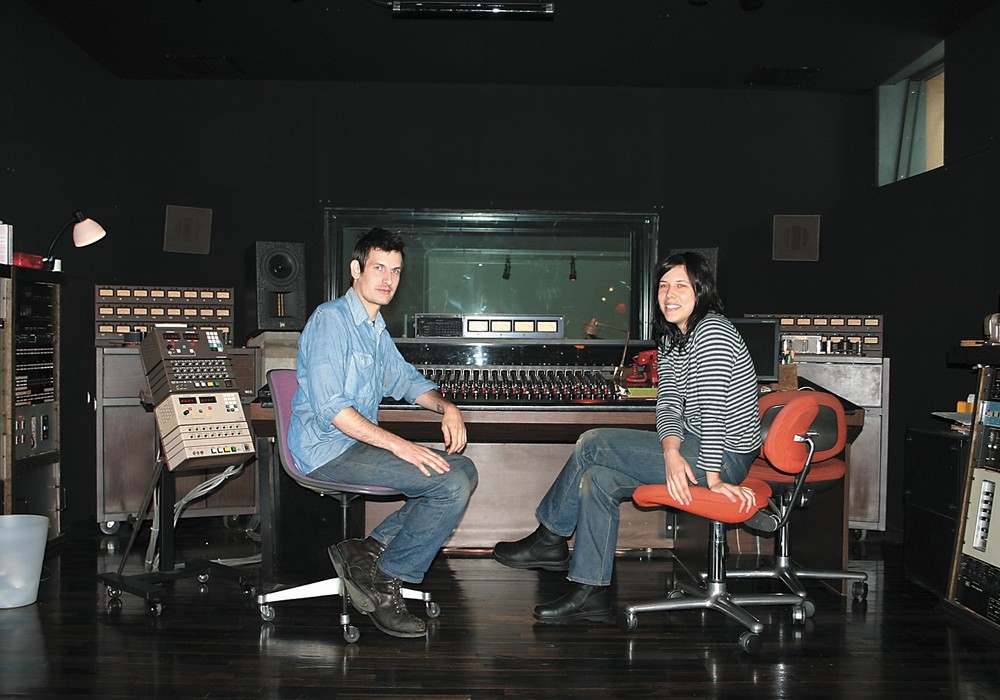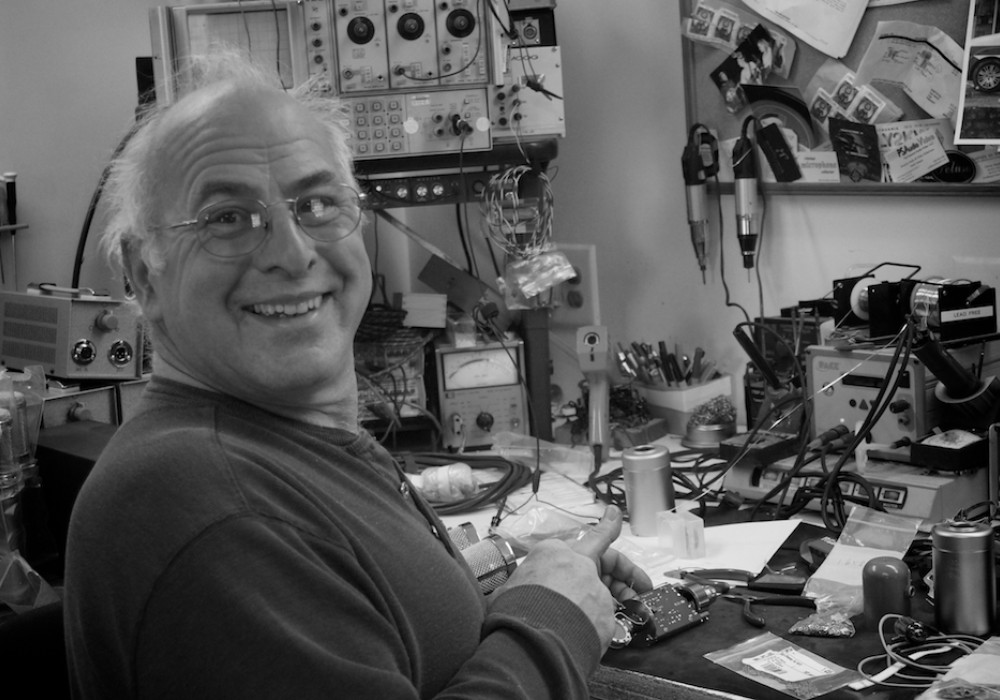Roll Music Systems has been slowly bringing out pro audio products since 2003. Starting as a small recording studio in Minneapolis, this company (Justin Ulysses Morse and John Sommer, aka Johnny Smokes) has some unique and excellent gear.
Did you have a background in electronics before Roll Music?
No. I have an art degree and Johnny's an art school dropout. We'd started our company in 1998 as a recording studio and then we started building gear around 2000. I was on rec.audio.pro learning about recording and talking to people. I've always been a geek who had an interest in taking stuff apart. I got some good information from Monte McGuire, Scott Dorsey, Scott Hampton and Dan Kennedy [Great River — Tape Op #50]. Dan lives in the Twin Cities and I've met up with him a few times — he's a good guy.
Was the [RMS 216] Folcrom summing bus your first mass-produced product?
Yeah. Producer Steven Slate called up Dan Kennedy and said, "I like the sound of my Great River preamps. Can you make me a summing box that sounds like that?" Dan said, "No! But Justin makes custom gear. He can probably make something for you." Dan had this idea that you could basically leave off the summing amps; but he also thought there would still be some busses, some aux ends and a monitor section. Basically what he's making now, the MixMaster 20, is what he had in mind for a summing block. But Dan said, "Tell Justin if he wants help with this I'll kick some ideas around with him." So, Steven calls me up and I thought, "The recording studio phone's not ringing so why not? It's a project I can pay the rent with." So, I started thinking about it. If it's going to be passive in the outboard section, why can't it be passive all over the place? I started taking things out and that's what basically became the Folcrom. I built two 16- channel boxes and a couple of 8-channel boxes — big, funny looking things.
Didn't Jon Erickson help with some of that?
Jon saw me talking about this on a web forum. We'd communicated before and he had the idea that these could actually sell. I didn't believe him! I thought there might be a market for 10 of these things! [laughter] He was going to design the chassis, we were all going to be partners and Jon was going to put up the money. We thought we'd do a small run to get the ball rolling and make some money. As we refined it into a more cost-effective product, it actually started to make more sense. Once I started learning about manufacturing I realized that not every chassis has to be made by hand, from scratch. He helped set me up with dealers. We paid him some commissions for that.
But he bowed out of the project as far as being a partner?
Yeah. He was never really a (company) partner. He was more like a collaborator. He was never a part of our company. But since then, he and I have collaborated on a number of other things. We did a mic preamp and compressor for ADK Microphones that never went anywhere.
Right. I remember those.
He was working on the [A Designs] Pacifica. I wasn't involved in that project, but I helped him out a little bit with it. More recently, we've been working on the Pete's Place MK VIII, which is like a slice of a large format console with two 500-series slots per channel and eight channels. Jon and I got to be pretty good friends working together on that stuff. He and I definitely have a similar
approach to designing gear and we get along well.
With the Folcrom, did you feel that your marketing was all an education? You had to tell people what it was! [laughter]
(They might say) "Why would I want to do that?"
"My computer does the mixing!"
To be honest, with the Folcrom I was like, "You're right. You don't need this. If you're here to tell me you don't want to use something with your DAW, that's fine. Other people do." We took it to major dealers whose customers probably would have loved it — but the dealers themselves didn't get it. We obviously found dealers who did get it and whose customers...
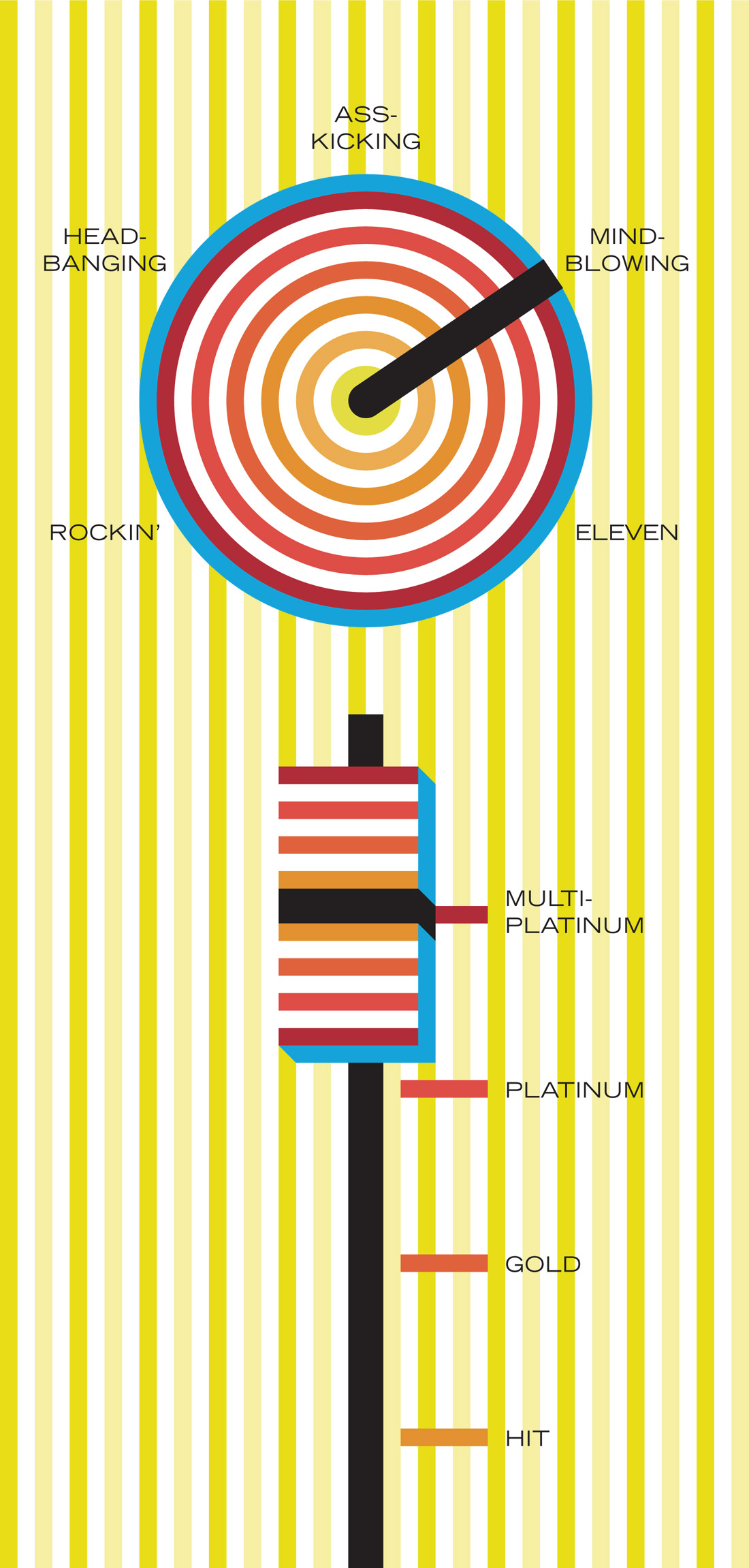



_disp_horizontal_bw.jpg)

